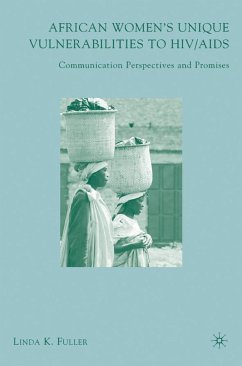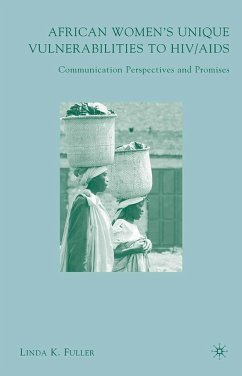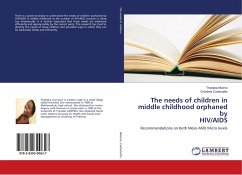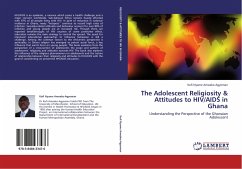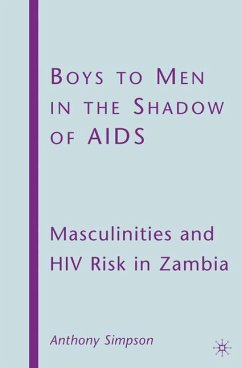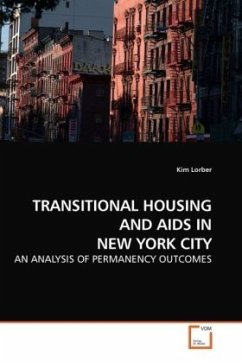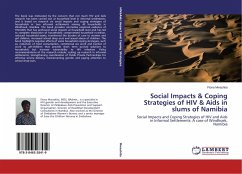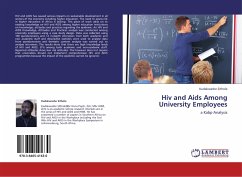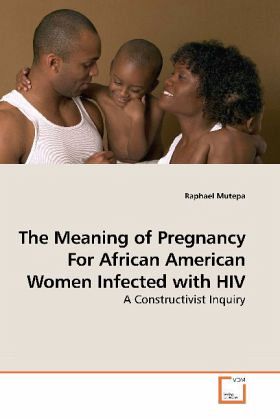
The Meaning of Pregnancy For African American Women Infected with HIV
A Constructivist Inquiry
Versandkostenfrei!
Versandfertig in 6-10 Tagen
52,99 €
inkl. MwSt.

PAYBACK Punkte
26 °P sammeln!
Since it was established that the HIV virus could be transmitted heterosexually, the number of infants infected perinatally has also been expanding at an alarming rate. This inquiry uncovers the meaning of pregnancy for a group of African American women for the purpose of better understanding their perspective for shaping prevention and policy directed towards HIV. Starting with the meaning of pregnancy, the study includes both these women and their stakeholders in the decision to carry a child to term while sick with HIV. The ensuing story describes how these women''s reproductive choices evo...
Since it was established that the HIV virus could be transmitted heterosexually, the number of infants infected perinatally has also been expanding at an alarming rate. This inquiry uncovers the meaning of pregnancy for a group of African American women for the purpose of better understanding their perspective for shaping prevention and policy directed towards HIV. Starting with the meaning of pregnancy, the study includes both these women and their stakeholders in the decision to carry a child to term while sick with HIV. The ensuing story describes how these women''s reproductive choices evolved based on the personal meaning they assigned to their HIV infection. As a result, this case study is a picture of a very troubled and troubling context of HIV disease for women where there are limits in their support systems at family, religious, and social service levels, making living with HIV and parenting a very difficult proposition. My audience includes HIV-positive people and all helping professionals interested in HIV/AIDS prevention and treatment, i.e. social workers, policymakers, researchers, and all people affected by the epidemic.



